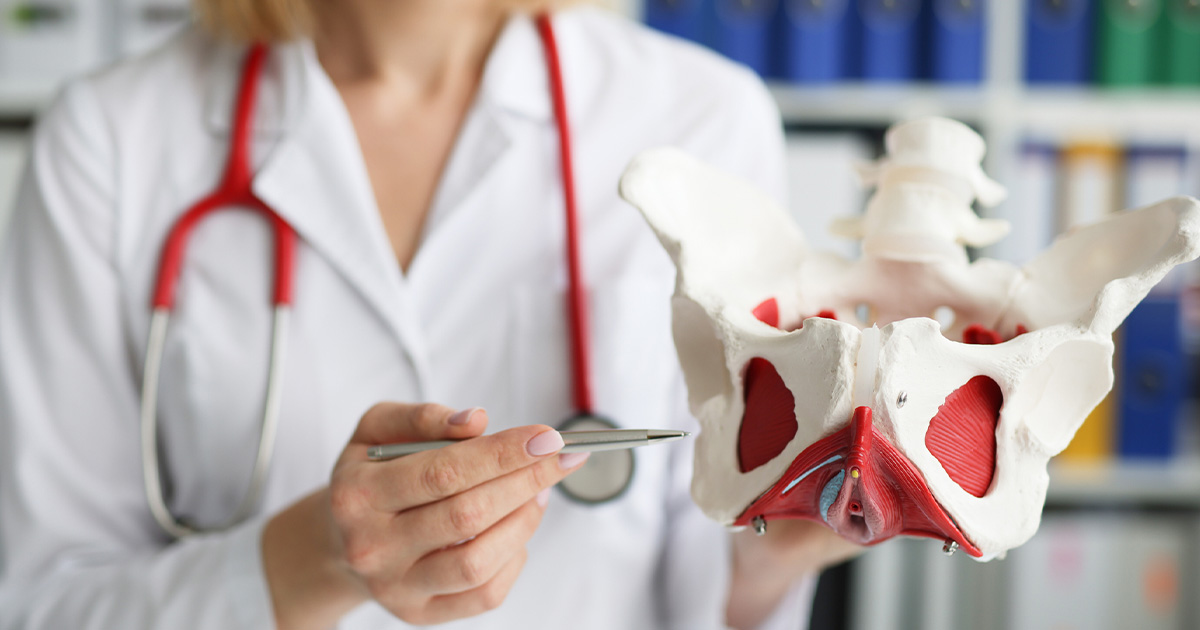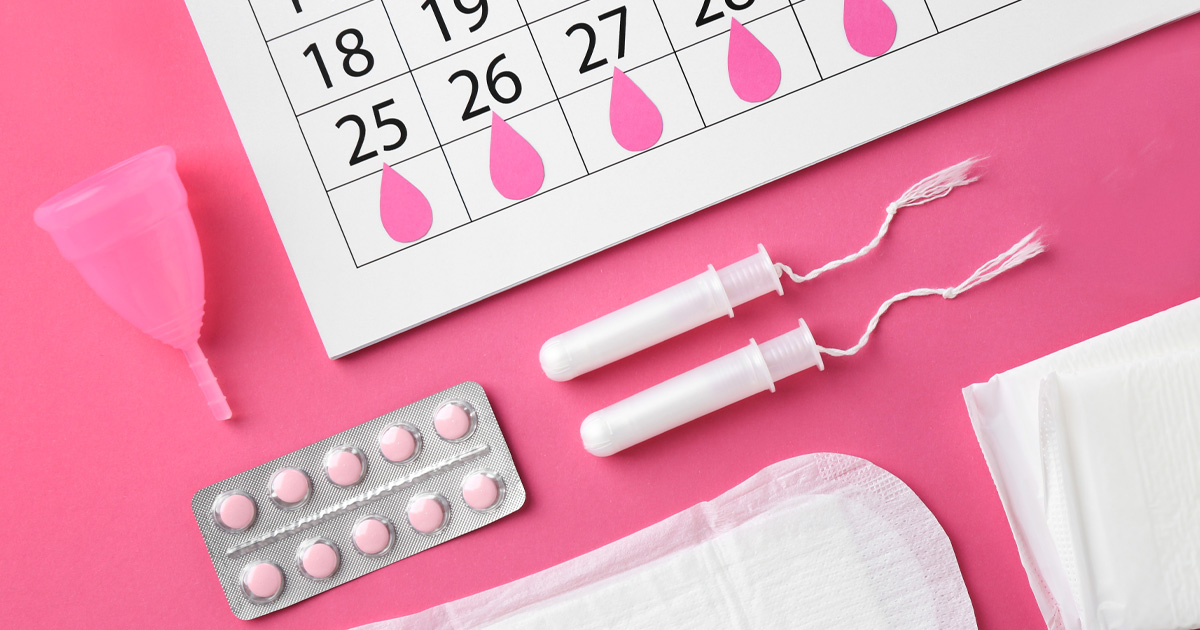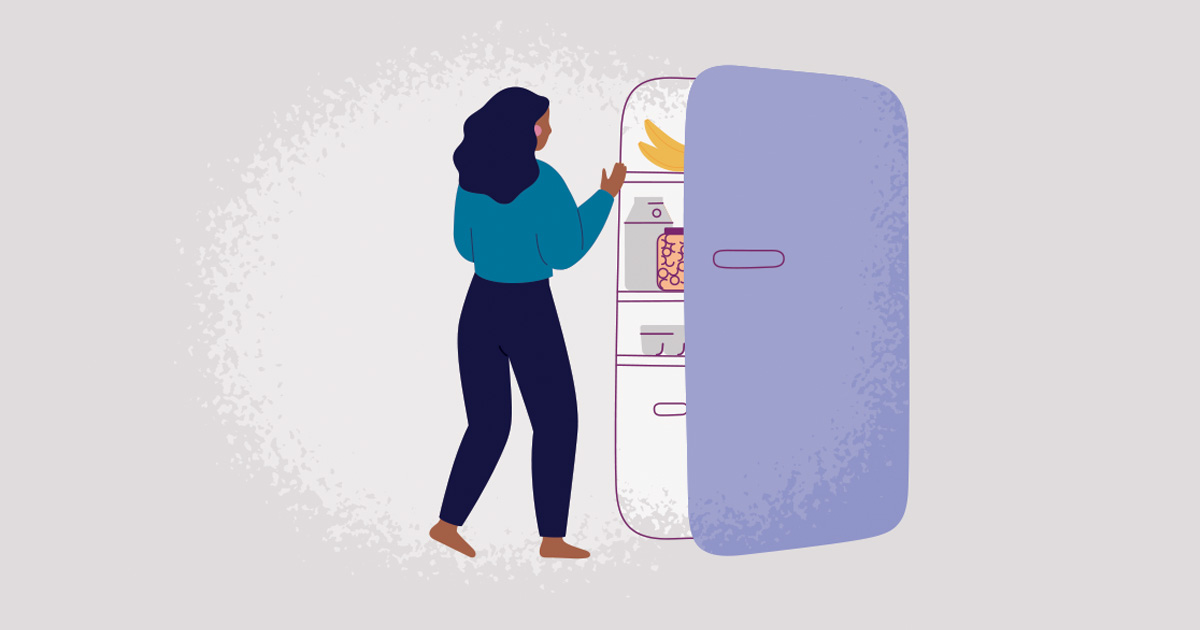
Self-care
Subtle Signs of Fibroids: What You Need To Know
Uterine fibroids are surprisingly common, affecting millions of women. In fact, it’s estimated that up to 70% of women will experience fibroids by the age of 50. While some women experience significant symptoms, sometimes the symptoms can be subtle and may be overlooked. In this article, we uncover some of the most common yet subtle symptoms of fibroids, explore the latest treatment options, and discuss when to seek medical help.
Understanding Uterine Fibroids
Fibroids are clusters of tissue that grow in your uterus. They’re not cancerous, but they can cause pain and stress on your body. Fibroids can come in all shapes and sizes. They can be as small as pea, or even as big as a watermelon in some rare cases. Most of the time, they’re somewhere in between. The size can affect how you feel – as the bigger they are, the more symptoms you may experience. Below are five common symptoms that could warrant a trip to your Axia Women’s Health provider.
Possible Subtle Signs of Fibroids
- Heavy, Painful Periods: Heavy periods are often the most common symptom of fibroids. Fibroids can put pressure on the uterine lining, which can increase pressure and cause more severe contractions causing more painful periods. Fibroids can also cause the uterine lining to thicken, which can lead to heavier bleeding with larger blood clots.
- Bloating and Pressure: If you’re frequently experiencing bloating, or a feeling of fullness in your lower belly, it can be a sign of fibroids. Fibroids can put pressure on your intestines which can mess with your digestion. This can lead to gas buildup, leaving you feeling bloated and uncomfortable. Many women with fibroids also report digestive issues such as constipation.
- Frequent Urination: Similar to the effects fibroids can have on your stomach, they can also put pressure on your bladder. This can cause the sudden, frequent urge to urinate.
- Unexplained Tiredness: Fibroids can cause heavy bleeding during your period, and that extra blood loss can lead to iron deficiency anemia. Iron is like fuel for your red blood cells, which carry oxygen throughout your body. When you’re low on iron, your cells don’t get enough oxygen, making you feel tired and sluggish.
- Pain during sex: Depending on the location of the fibroid, sex can be uncomfortable or even painful as the fibroid can put pressure on the uterus and vagina.
How To Treat Fibroids
The good news is there are various treatment options for fibroids, depending on their severity and your individual needs. Treatment options range from medications to minimally-invasive procedures and surgery including:
- Medications: Birth control pills or intrauterine devices (IUDs) can help regulate your cycle and reduce pain and bleeding. Medications called GnRH agonists can also shrink fibroids but are typically used short-term before surgery.
- Procedures: Uterine fibroid embolization (UFE) is a minimally invasive option that blocks blood flow to the fibroids, shrinking them. Myomectomy is a surgical procedure to remove fibroids, with different approaches depending on their location and number. Radiofrequency ablation (Acessa) is a newer procedure that uses heat to shrink fibroids. Lastly, hysterectomy, the surgical removal of the uterus, is a permanent solution considered when other options aren’t viable.
Remember, you’re not alone! If you experience any of these symptoms, talk to your Axia Women’s Health provider. They can help you understand if fibroids are the culprit and recommend the best course of action for you.





































